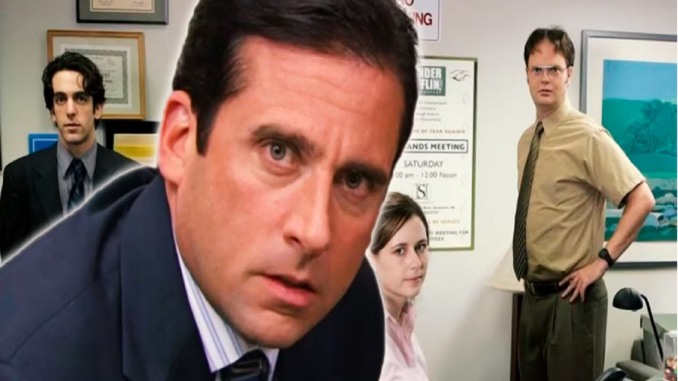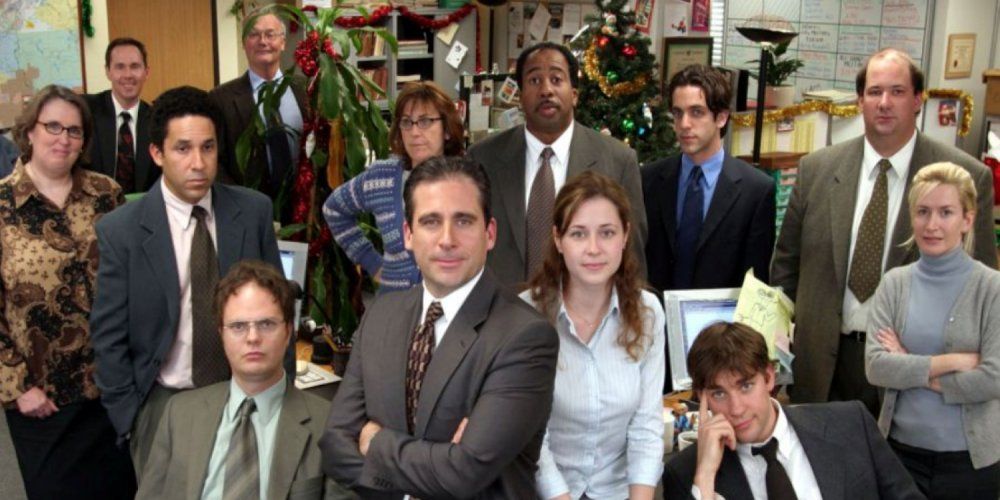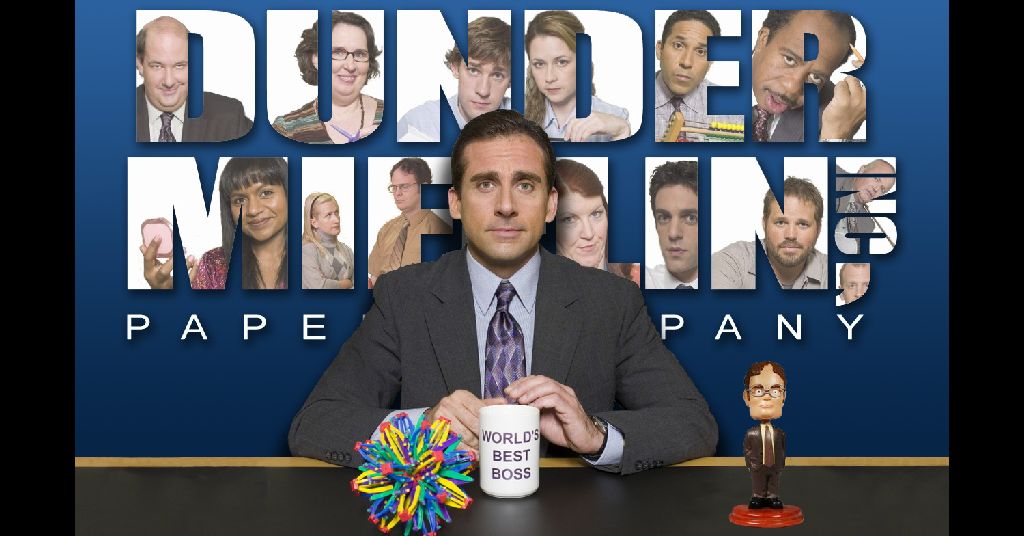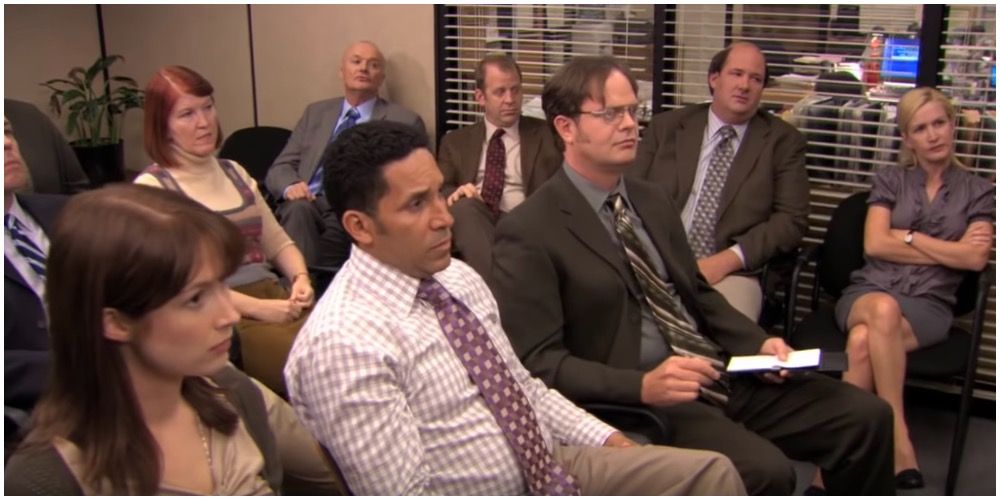
The Office is one of the most beloved sitcoms of all time, though that doesn’t mean it doesn’t have its fair share of critics. Most who have a less-than-stellar opinion of the wacky NBC sitcom have only watched its first season, and while it is problematic in its own right, it should not define the show. First impressions are important but, like a fine wine, The Office gets better over time.
The Office, based on the UK sitcom of the same name, first premiered on NBC in 2005. Running for nine seasons until 2013, The Office catapulted the careers of Steve Carell and John Krasinski, and often featured cameos from high-profile stars such as James Spader, Idris Elba and Will Ferrell. The show outlines the mundane daily activities at Dunder Mifflin, a run-of-the-mill paper supply company in Scranton, Pennsylvania, following a cast of quirky characters navigating relationships, life and everything in between.
Hailed by Rolling Stone as one of the 100 greatest shows of all time, The Office succeeds where all great sitcoms do: balancing situational comedy, outlandish gags and genuine heartfelt moments. All is not perfect, however, with its first season often being described as “cringeworthy,” awkward and at times, downright uncomfortable to watch.
Many fingers point to Dunder Mifflin’s zany regional manager Michael Scott (Carell) as the source of this disconnect, with Michael’s dialogue and actions at times coming across as insensitive and inappropriate towards several of his employees within the earlier seasons of the show.
Even die-hard fans of The Office agree, Michael is nearly insufferable in the first season. With episodes like “Diversity Day” (Season 1, Episode 2) and “Hot Girl” (Season 1, Episode 6) filled with inappropriate innuendos and downright embarrassing moments, it’s almost shocking that Michael held his position for as long as he did. Thankfully, show-runners toned down his outlandish behavior as the The Office progressed, though that doesn’t mean Michael stayed completely out of trouble (honestly, how hard is it to listen to your GPS and not drive your car into a lake?!).
Michael’s core values and character traits remain consistent throughout the run of The Office. While he may not objectively be the best manager, he genuinely loves what he does and who he works with, which may be just enough to excuse his poorly-written dialogue and over-the-top mannerisms within the first season.
Where The Office really shines, however, is when it comes to the rest of the ensemble cast. Each character is perfectly-formed and most undergo pretty significant arcs over the course of the series. Due to the premise of the sitcom centering around a film crew documenting the lives of Dunder Mifflin’s Scranton branch, viewers really do get a sense that they are growing with these characters throughout the show.
Ask any fan of The Office who their favorite character is and you’ll most likely receive a variety of answers. Every character is individualistic in their own right, which makes them easy to identify with and relate to. Casting directors really did understand the assignment when it came to casting; all the characters read as real people who work together every single day.
While at times both situations and characters are exaggerated, for the most part, The Office is an easy watch filled with hearty laughs and genuinely sweet moments. Viewers truly follow the lives of the Dunder Mifflin employees as they fall in love, fall into hardships and navigate their lives.
The premise of The Office is simple. The characters are simple, though so well-acted that they don’t even feel like characters. Filmed as a documentary, the camera work filled with quick cuts and confessionals of the characters grounds it in reality, making it easy to follow and satisfyingly hilarious at times. Though a paper supplier might be the most mundane setting for a sitcom, The Office is anything but ordinary.



